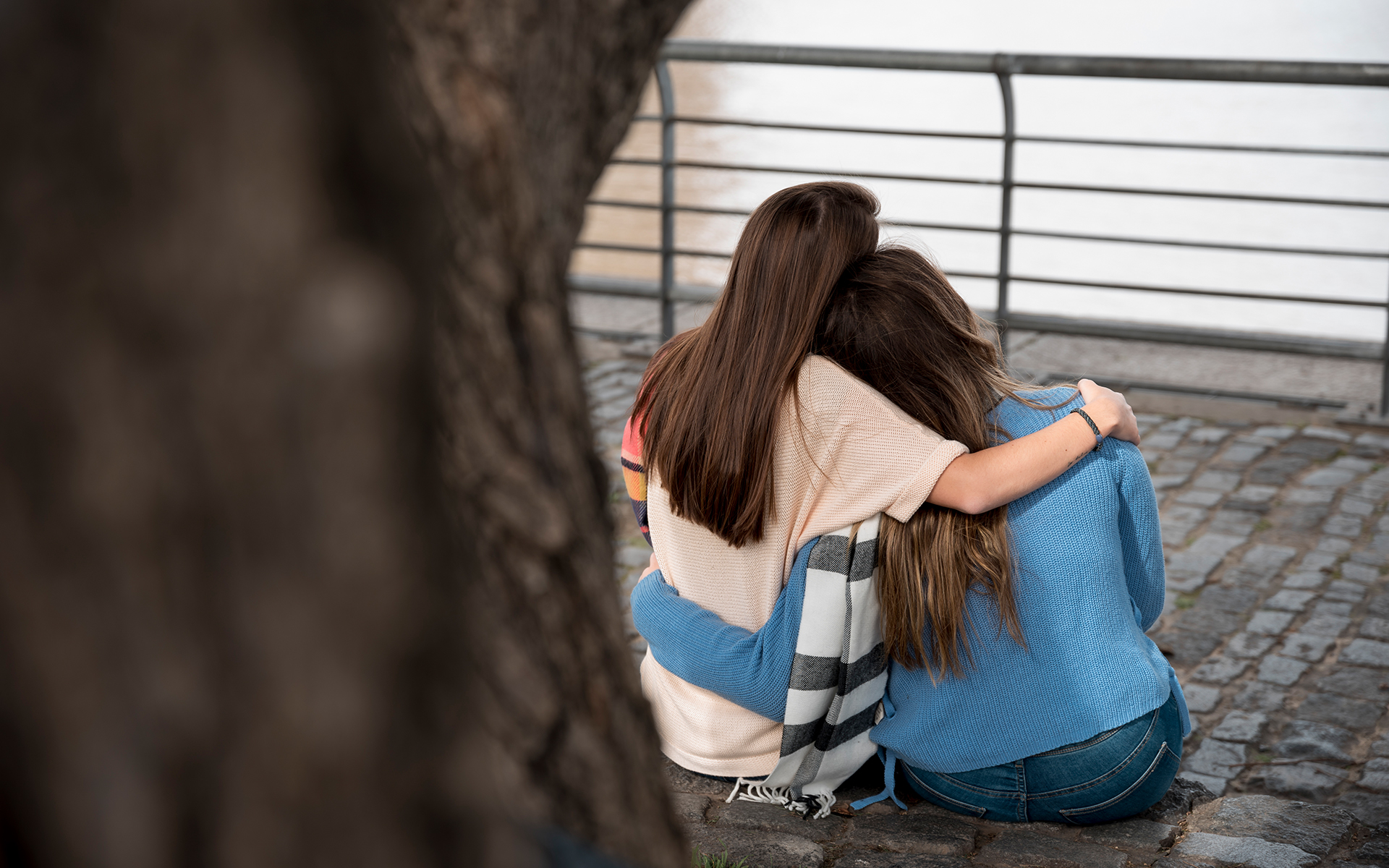I like to watch nature shows; there’s something very calming about seeing animals devouring one another.
No, but really: The wild kingdom offers us a glimpse of our animal nature in action. These shows are like metaphors for the dog-eat-dog competitive quality of daily life. But along with capturing what life looks like when you’re at the wrong end of the food chain, nature shows also depict animal communities whose behavior reminds us of our own species in other, less harrowing ways. Your friendly neighborhood meerkat, for example, relies on cooperation, agreement, and a kind of friendliness to survive. Like meerkats, humans are pack animals that derive pleasure and safety from social interactions. When we smile at each other we release natural painkillers, boost our immune system, and lower our blood pressure. By the same token, baring our teeth at one another floods our nervous system with cortisol, which is linked to heart disease, diabetes, and depression.
Even when unfriendly attitudes feel locked in place, friendliness and camaraderie can show up. Look at any sports event, for example, and you will find that people of all stripes bond together in a friendly way in their desire to root for the same team. At least for those moments, communists and conservatives, city-folk and outliers, millennials and senior citizens can lay down arms and cheer together. Go Team!
Outside the stadium, though, being friendly can feel like a tremendously brave act. What if others don’t smile back? Once you start to courageously cultivate friendliness, you will discover that friendliness is its own reward—regardless of what comes back. Not to mention that when your habit is to be on the watch for the negative, you may forget to open yourself to the many benefits of being on the watch for the positive. Warm and even neutral moments are also a key part of everyday life, even if we don’t always notice them. Taking time to register that things are often OK can have a tremendous impact on your brain. Way back in 1949, Canadian neuroscientist Donald Hebb succinctly said, “neurons that fire together, wire together.” This means that when we return to certain ideas or repeat behaviors and reactions over and over, the brain creates a fast-track response called “automatic pilot.” Autopilot is a two-edged sword. It can cause us to mindlessly repeat harmful behaviors or lose attention to what’s important. But if you can build a habit of seeing the good in others, and of approaching people with warmth and openness, over time your whole outlook could shift. Then you can relax into the adventure of being in this interconnected world.
What might it look like to be friendlier to “Me”?
Friendliness toward yourself could be as ordinary as remembering to carry a bit of food with you to keep you and your blood sugar on friendly terms. Or it might look like giving yourself a break from email for an hour, or scheduling some regular time to sit and do absolutely nothing.
What does it look like to cultivate friendliness toward a friend, family member, or kind stranger?
Remember: This person will only be with you for a limited time, and that makes your time together far richer and more poignant. Interactions between people bring depth, color, and joy to life. When you actively relate to the world in a friendlier way, you open up opportunities to bring warmth and curiosity to each and every encounter.
Remember: This person will only be with you for a limited time, and that makes your time together far richer and more poignant.
What does it look like to be friendly to someone who scares or angers the hell out of you?
You believe you are right. Who doesn’t? Remembering that we all have inherent biases can help us soften our approach to others. We don’t have to like a person’s opinion (or even their personality) in order to be friendly; we can choose to be respectful and appreciative regardless of our own preferences. Friendliness can become the common ground that brings us all—yes, all—a little closer together.
This article appeared in the August 2017 issue of Mindful magazine.
https://staging.mindful.org/could-you-connect-more/
https://staging.mindful.org/the-power-of-empathy-and-one-surefire-way-to-know-if-youre-missing-it/







